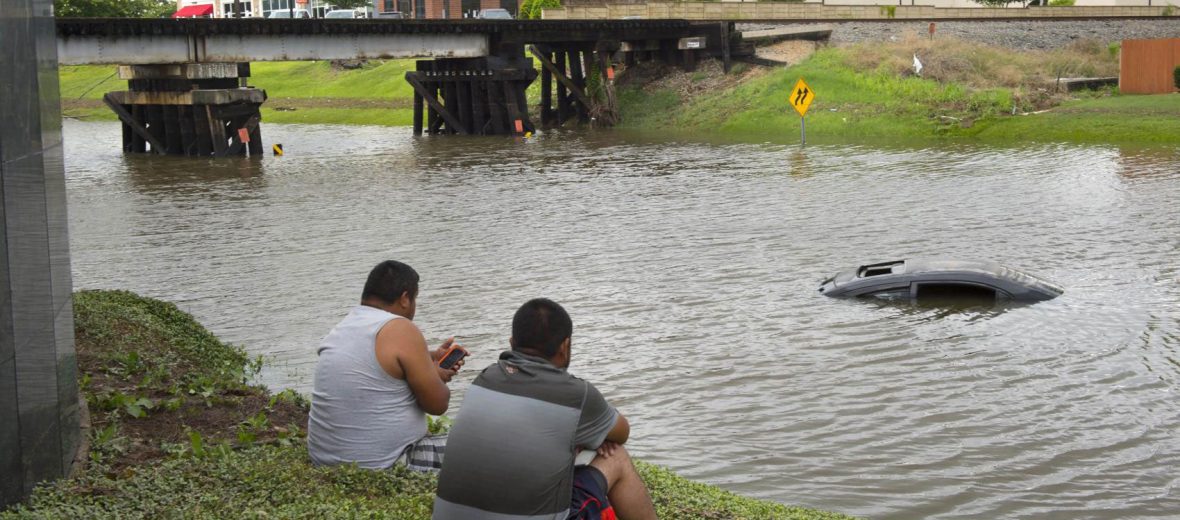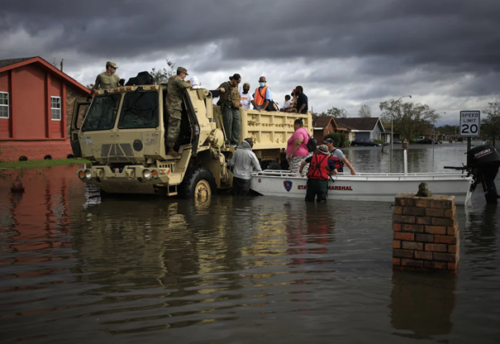
BY BLAKE PATERSON | PUBLISHED NOV 7, 2019
Progress on East Baton Rouge Parish’s stormwater master plan continues to stall as local officials wait on final approval of $1.2 billion in federal funds promised to Louisiana following the 2016 floods.
FEMA in May granted the city-parish $11.25 million to finance the master plan, but the use of those funds is contingent on securing an additional $3.75 million match from the state’s Office of Community Development.
The matching dollars, however, are tied up in a separate $1.2 billion allocation from the U.S. Department of Housing and Urban Development which has yet to be allocated.
That means work on the master plan likely won’t resume until March 2020 at the earliest, said Fred Raiford, the city-parish’s transportation and drainage director, who received the updated funding timeline from state officials at a meeting Wednesday.
“We’re stagnated right now,” Raiford said. “I can’t move forward without those matching dollars.”
The city-parish hired engineering firm HNTB in September 2017 to study local hydrology with an eye on creating a master plan that could be used to prioritize infrastructure projects and guide amendments to the building code.
The city-parish invested an initial $1.3 million to jump-start the project, though the majority of the work ultimately relies on the outstanding $15 million in funding.
The master plan — which is expected to culminate in a comprehensive 20-year capital improvement plan — likely won’t be completed until two years after the funding is secured, Raiford said. That pegs the completion date for the project to the spring of 2021.
Raiford emphasized that the public will not have to wait until the plan’s completion to see changes in how the city manages its stormwater infrastructure. At the moment, however, Raiford said he’s holding off on making recommendations until the latest funding is secured and HNTB can collect and analyze additional data.
“I’m not going to make a decision on what changes we should make without having enough technical data to support the change,” Raiford said.
HNTB initially predicted it would have ordinance and code revision recommendations ready to present to the Metro Council as late as November 2019, though that timeline has been delayed with the tied-up funding.


